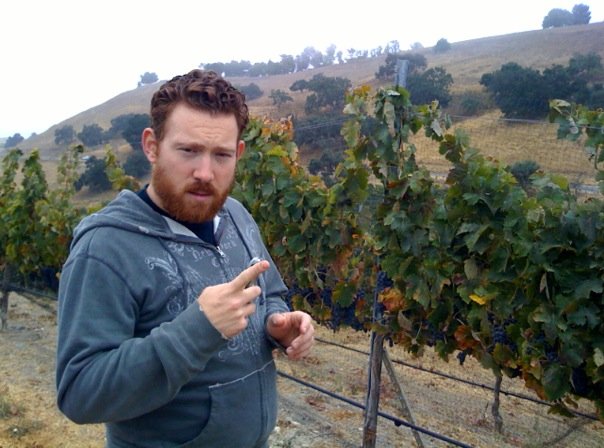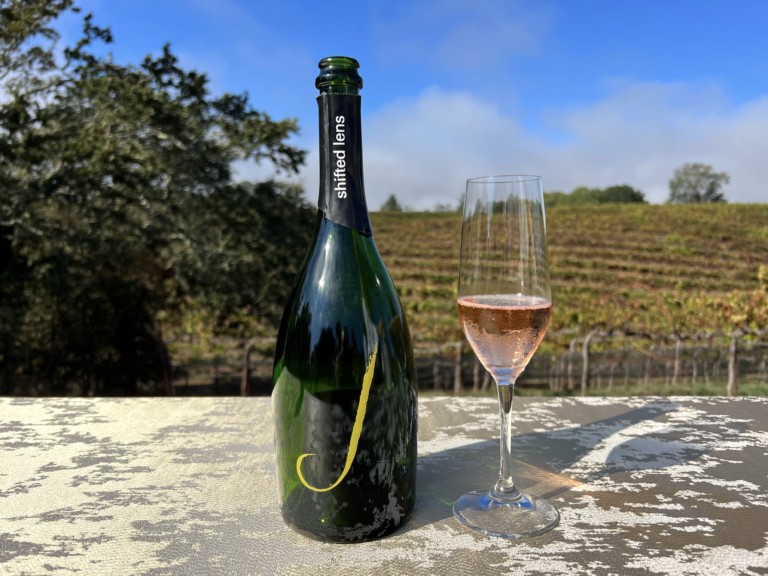Organic is definitely the buzz word of the 2000s. Given the option, I bet at least 5 out of 10 people will buy an organic product over one that is not deemed organic. With the rise in popularity of organic products though, must come some education! Let’s apply it to the wine industry; there is an important differentiation…Organic Farming & Organic Wine. They are not always one in the same. Does all wine made from organically farmed grapes get made into organic wine? Is all organic wine made from grapes that were farmed organically?
Vineyards have been grown for centuries upon centuries, and age old farming practices have been in place to ensure quality. The wine market is much younger than the production of wine and the meshing of tradition with technology has only strengthened the ability to make wines of a place (to borrow the French term terroir is appropriate). How did organic farming come to be? Why has it become so popular? Advances in the biochemical and engineering worlds in the early 20th Century changed age old practices and opened many doors to new techniques in the farm or vineyard. Gasoline powered engines took arm power from the equation and ushered in the age of the tractor. This freedom opened the mind of the farmer, sometimes to ideas that were not favorable. Introduction of synthetic pesticides cut costs and also helped to ensure a high crop yield. In grape growing, quality wine is actually made from vineyards that yield less grapes per acre. So these new practices created a hurdle for solid grape growing and ultimately for making a wine of high quality.
Now, it is imperative that no synthetic fertilizers or pesticides are used in organic farming – and it goes much further! It starts with crop selection. In many vineyards are also planted trees, vegetables, flowers. This diversity influences the introduction of other natural wildlife and also increases the strength of roots. When vines struggle to find nutrients, they produce more concentrated fruit (which in turn produces a more concentrated wine).
Let’s take a step back. What does any of this mean? And how are we supposed to be educated on the matter? In walks Magnanimous Wine Group (MWG). I’ve tasted a lot of wine in the last 4 years and met a lot of professionals in the wine industry since I was welcomed into this beautiful network and no one has shown more of a dedication to education and dedication to the principles of Sustainable, Organic, and Bio-dynamic farming practices. All the farmers they buy fruit from and work closely with are encouraged to join the California Sustainable Winegrowing Alliance – a coalition of farmers and wine professionals who promote the benefits of Sustainable winegrowing practices through education and ultimately through commerce. MWG has instances of Sustainable, Organic, and Bio-dynamic farming in their wine program. Now, getting a certification of organic vineyard status is very different than being a certified organic wine. The main difference is ability to say you are an organic vineyard, and the ability to write “organic wine” on a label. Certified organic farming practices often go unnoticed, because there is no stamp other than oral affirmation. The organic wine stamp on a wine label comes at an expensive price and often is rewarded because there are no sulfites added. It is not a guarantee of quality.
I challenge you to do your own research. Look into the farming practices of your favorite vineyard or winemaker. See if they have wildlife on their vinveyard, if they have an herb garden and vegetables among the rows of Pinot Noir in the vineyard. If so, it’s quite likely they are organic farmers and look for no other affirmation of quality than you continuing to buy their wine. Happy drinking!









Blog Comments
organic farming
October 8, 2014 at 5:22 PM
Thus, organic food will not be exposed to chemical things
of any kind while its growing, processing, manufacturing or packaging.
In the beginning when I started only some supermarkets carried any sort of organic products, and it was
expensive (it put about. However, this is a detailed process
which requires a systematic understanding of the resources and applying
the right management approaches. It also decreases the exposure to insecticide and
fungicide residues. Less money is spent on logistics, advertising and overhead
– therefore a greater profit goes to the growers.
Adam
February 7, 2009 at 11:29 AM
I’m looking up MWG right now
Shazia
January 29, 2009 at 1:14 AM
I am very glad to see these useful information.
mattatouille
January 4, 2009 at 8:56 AM
Interesting piece. I’ve always wondered how wines from Europe are deemed bio-dynamic, and why this word takes precedence over the use of “organic” in the wine world. Either way, I’ve had some very good bio-dynamic wines and some organic wines that are pretty unremarkable.